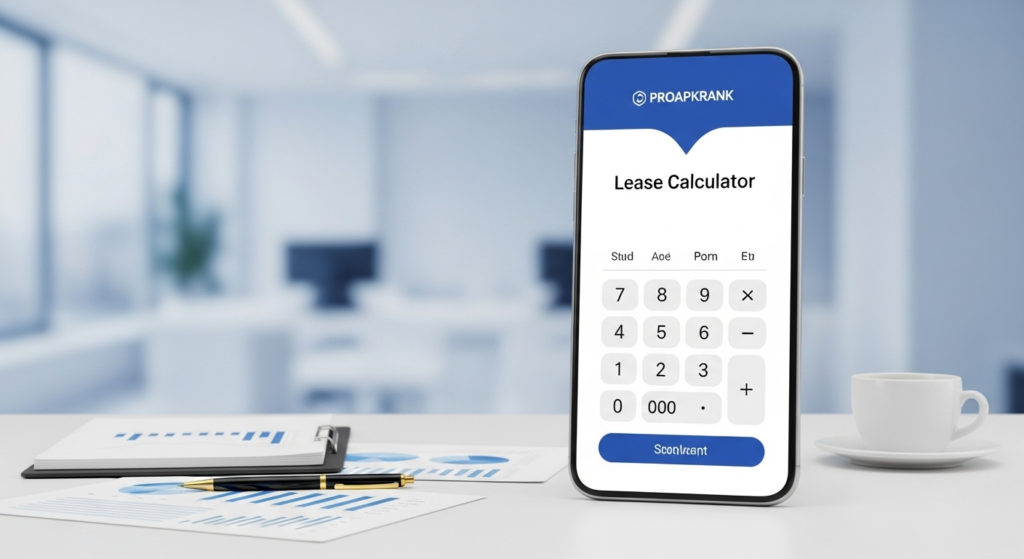
What is a Lease?
A lease is a contract made between a lessor (the legal owner of the asset) and a lessee (the person who wants to use the asset) for the use of an asset, bound by rules intended to protect both parties. In a typical contractual agreement, the lessee obtains the right to use an asset or multiple assets belonging to the lessor for a specific term in return for regular rental payments. Leasing is often associated with living spaces, working spaces, and cars, but mostly anything that can be owned can be leased. Other examples of leasable items include storage, conveyor belts, lighting, furnishings, software, server hardware, aircraft, cleaning equipment, and many more.
Rent vs. Lease
Although they are often used interchangeably, "lease" and "rent" technically have different meanings. By definition, a lease refers to the contractual agreement or contract itself, while rent refers to the periodic payment for the use of an asset. In neither case is equity of the asset being rented or leased actually gained.
Residual Value
Residual value, sometimes called salvage value, is an estimate of how much an asset will be worth at the end of its lease. It is most commonly associated with car leasing. As an example, a car worth $30,000 that is leased for 3 years can have a residual value of $16,000 when the lease ends. Residual value is not exclusive to car leases, but can be leases of any type of asset, as long as it depreciates and can be sold at value once again. For most assets, the longer the lease period, the lower the residual value. One exception to this is real estate assets, which may have higher residual values after the lease period. The term "residual value" is also often used to refer to the value of an asset after depreciation. For more information or to do calculations involving depreciation, use the Depreciation Calculator.
© 2023 ProLease Calculator. All rights reserved.